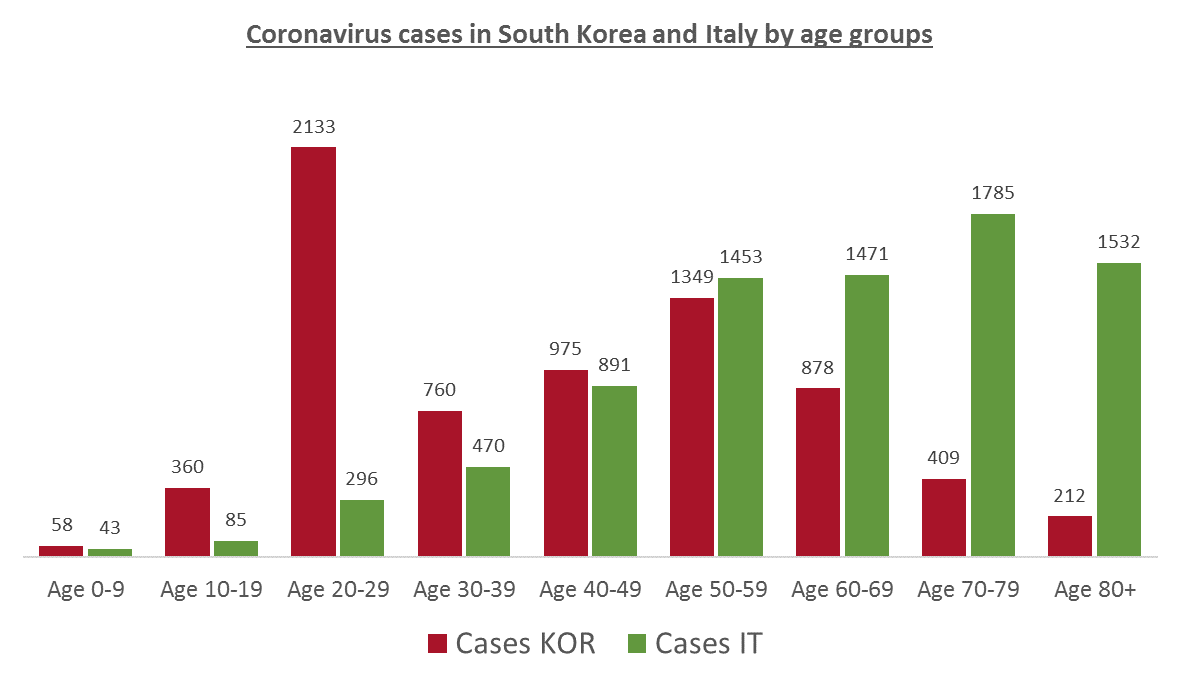Brianne Barker: Given the large number of people who may be infected, can we expect some of those people to have immunity? To maybe be protected against this virus in the future?
Ralph Baric: Almost certainly. And I saw some very interesting data from Stan Perlman the other day, who’s been looking at serum neutralisation titres of MERS patients from the middle east Kingdom of Saudi Arabia, and it’s quite interesting that people peak fairly quickly with high neutralisation titres, but then they wane over the next year or two to almost background levels or just slightly above background levels by the second year. And with MERS, there have been several reports of people who seroconverted – they were RT-PCR positive and then their serum neutralising titres, even the lyser titres, went almost zero within a few months. It has not been well studied. But it should be studied. And this is the contemporary human coronaviruses.
Nobody knows how they maintain themselves in human populations. They don’t undergo rapid antigenic variation like influenza. There’s not 115 common cold or coronavirus type genotypes, or whatever they’re called, serotypes. Sorry, Vincent, I just butchered picornaviruses! [laughter] So one hypothesis is that they cause a transient immune response, protective immune response, that wanes quickly and then it can reinfect and cause mild upper respiratory tract infections and that’s how they maintain themselves. So it is quite possible, and there’s been a number of reported cases in China of SARS-2 infections where people were documented to be infected, and recovered, they were RT-PCR-negative, went home, and then they became reinfected a month later or so. It’s an interesting question that you ask. In this case, the United States has sufficient cases that we can actually track the serological responses in the individuals, and their general immune B and T cell responses to infection, and we can get a handle on the long-term immunity that may be illicited after infection.
Speaker 3: And that’s a factor in what’s going on in China now, at least from reports I’ve seen, is that they seem to have seen a tapering off in cases , and of course the Chinese government is interpreting this as the draconian measures they implemented must have worked. Another interpretation might be that everybody who was susceptible got infected, and either immune or dead, and now the virus has burned out. But presumably that’s one of the reasons you’re not going to do serology tests. But hopefully other countries will be monitoring as this develops, right?
RB: I think those are certainly excellent points. A potential point is that the Chinese are primarily reporting cases in quarantine zones, which involve 100 million people and that the Chinese in rural communities are not being picked up by their surveillance systems.
Vincent: So, there must be memory, so maybe the second infections are mild?
RB: Absolutely. In the case of the contemporary human coronaviruses, the data supports the idea that they are much more mild.
VR: So that would still encourage us to make vaccines, because even then you would have a milder second infection, right?
RB: The advantage of a vaccine may well be that you include an adjuvant as a boost of immunity that circumvents whatever anti [immunity] viral gene sets present that are attenuating the long-term protective immune response.
VC: So Brianne, do you think this is a problem with memory? Or is it something else?
BB: Um. It could be a problem with memory. I think I would have to look a little more closely at things like the specific cytokines, and some of the T-cell data that we can see from some of the patients. But given the short-term persistence of the virus and the lack… err… the short-term persistence of the *immunity* and the lack of antigenic drift that Ralph mentioned, I could certain imagine this being a problem with memory and you are of course making me want to run to the lab and start playing around and looking at this right now!
RB: I would say that the global expert on that would be Stan Perlman – he would be a wonderful person to have on the show. And another possibility is that the virus just confines itself to the upper respiratory tract and nose, and so we’re suddenly having to deal with the pre-existing mucosal immune response that is present – maybe – which may allow for a much more transient infection before memory gets boosted.

